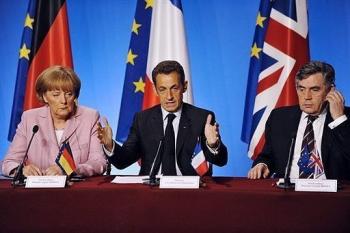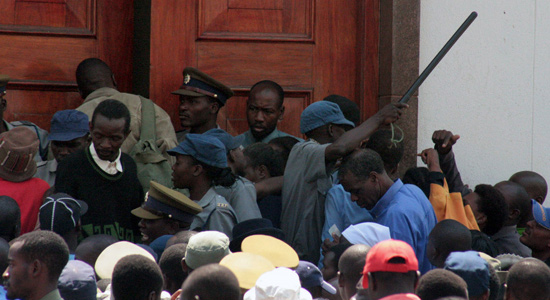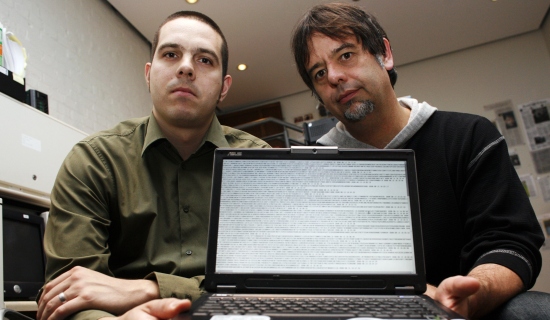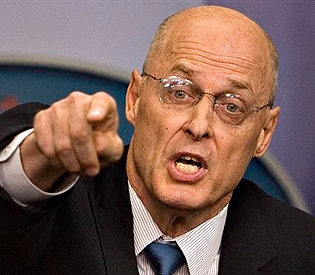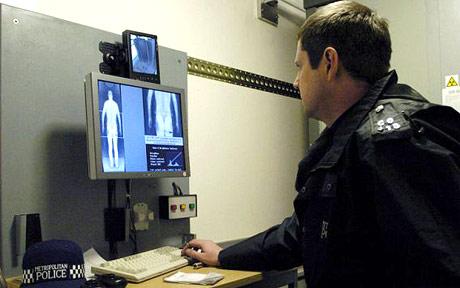Russia will stage its largest air force war games since Soviet times next week in the latest stage of the Kremlin’s strategy to show off the country as a military superpower reborn.
Their progress watched closely by increasingly jittery western militaries, dozens of nuclear bombers will take part in the exercise. Tu-95 Bear bombers will fire cruise missiles at targets in sub-Arctic Russia for the first time since 1984.
While Russia insists that the war games are not meant as a gesture of aggression, the West is growing increasingly uneasy about the scale of the manoeuvres.
The aerial exercises, which will take place close to American airspace in Alaska, are part of a month-long war game known as Stability 2008 that Russia claims is the biggest for 20 years.
As the bombers take to the air next week, Russian ships will also be conducting exercises in the North Sea and the Baltic as well as in the Atlantic and Pacific Oceans. A flotilla of war ships is also sailing to the Caribbean for joint exercises with Venezuela, Washington’s greatest foe in South America, which will come within a few hundred miles of the US coastline.
Read moreRussia to stage largest air force war games since Soviet times

